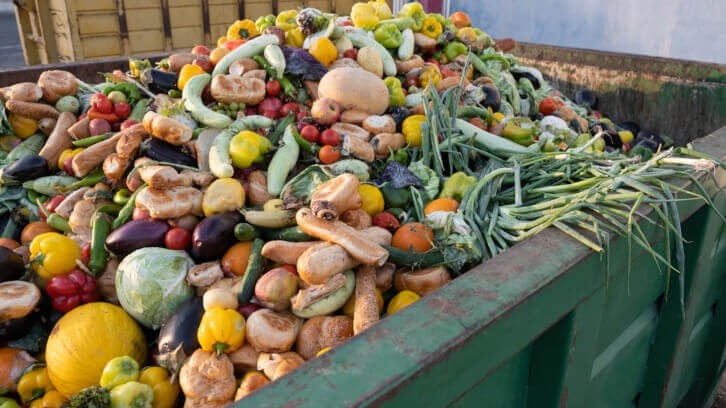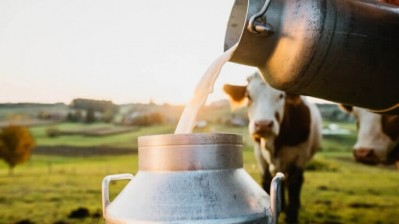USDA invests $11.5m to reduce food waste from landfills

Funded by the American Rescue Plan Act, the Composting and Food Waste Reduction cooperative agreements work with local and municipal governments to develop and administer municipal compost and food reduction plans, USDA reported.
According to the Environmental Protection Agency, only 5% of 66.2m tons of wasted food were composted in 2019, highlighting the need for legislative programs to implement food waste reduction strategies, particularly in communities with limited waste management support.
The joint-administered program by USDA’s Office of Urban Agriculture and Innovative Production and the National Institute of Food and Agriculture (NIFA), will oversee recommended projects between now and 2025. The program is developed as part of USDA’s efforts to create a fairer, more competitive and resilient supply chain as a result of the COVID-19 pandemic and supply chain disruptions caused by the Ukraine conflict.
Recipients of the program span across 23 states, and include waste management and food waste diversion programs on tribal lands and developing community co-op and farm compost hub locations, among others. A list of the recommended cooperative agreement recipients and project summaries can be viewed here.
USDA will prioritize projects “that anticipate or demonstrate economic benefits, incorporate plans to make compost easily accessible to farmers, including community gardeners, integrate other food waste strategies, including recovery efforts and collaborate with multiple partners,” the organization stated.
The impetus behind the collaboration between the Office of Urban Agriculture and NIFA is to provide a beneficial framework that expands options, increases access and establishes more efficient markets, for consumers, producers and rural communities.
NIFA director, Dr. Manjit K. Misra, emphasized that the “customer-focused projects will have significant impacts on the agency’s goal to reduce food loss and waste.”
In an effort to reduce reduce food waste and greenhouse gas emissions, USDA’s chief of natural resources conservation service (NRCS), Terry Cosby, highlighted the role that the Composting and Food Waste Reduction projects play for local communities as “important climate solutions and also contribute to food security at the community level.”


















